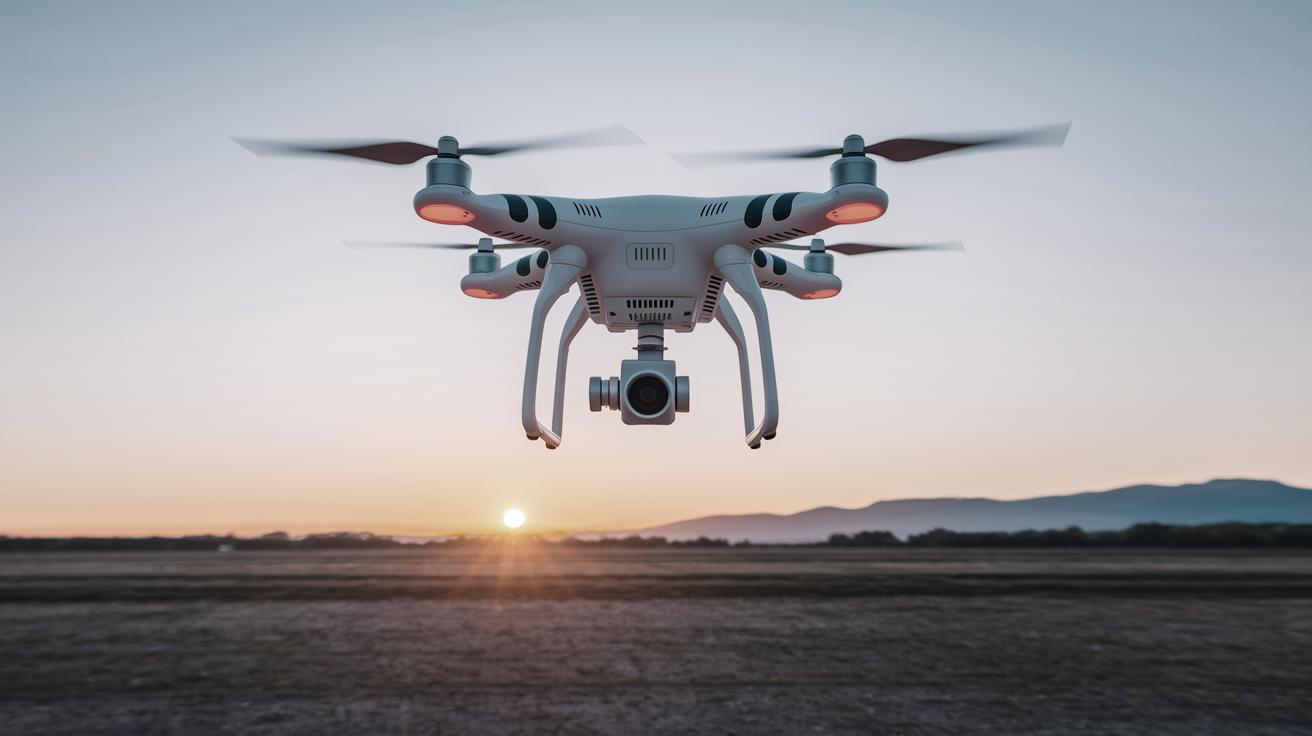How Drone Technology is Advancing Scientific Research
Drone technology is revolutionizing the field of scientific research, offering capabilities that were previously out of reach for many scientists. From environmental monitoring and wildlife conservation to agricultural assessments and geological surveys, drones are providing researchers with unprecedented access to difficult-to-reach areas, comprehensive datasets, and safer, more efficient methods of data collection. In this post, we’ll explore how drones are used in research, highlighting a noteworthy project by a team at York University’s Lassonde School of Engineering. We’ll also delve into how these advancements are supported and the broader implications for future scientific inquiries.
Tags
Drone technology, scientific research, environmental monitoring, wildlife conservation, agricultural assessment, geological survey, York University, engineering advancements.
Support us
Scientific research often relies on innovative technology and dedicated funding to continue pushing boundaries. By supporting advancements in drone technology, individuals and organizations alike can contribute to a sustainable future where scientific discovery is accelerated. Whether through financial contributions, partnerships, or promotional efforts, support in this field helps broaden the scope and efficiency of research projects worldwide.
Engaging with collaborative projects and staying informed about the latest technological advancements creates a community of forward-looking individuals passionate about the role of technology in solving complex environmental and societal problems. Consider becoming part of this exciting journey, bringing technological and scientific progress to the forefront of global challenges.
A team at York University’s Lassonde School of Engineering is working to develop drones that can navigate storms, tight spaces, and unpredictable environments, making them more useful than ever.
At the Lassonde School of Engineering, pioneering researchers are making groundbreaking advances in drone technology. Their focus: creating drones capable of navigating through the most challenging environments. By equipping drones with sophisticated sensors and navigation systems, the team aims to enhance the reliability and versatility of drones in tough conditions, including extreme weather, confined spaces, and highly variable terrains.
By pushing drone technology to new limits, researchers at York University are setting the stage for revolutionary transformations in how data is collected and analyzed in unpredictable settings. These developments promise to increase the utility and durability of drones across various scientific fields, offering a robust toolset for researchers facing environmental and logistical challenges.
Related information
The use of drones in scientific research is not only transforming how we collect data but also influencing the broader methodologies used in research. The integration of drones with AI and machine learning technologies is leading to smarter, more autonomous operations, minimizing human error and maximizing data accuracy. Additionally, high-definition imaging and advanced sensor integration are creating new opportunities for data analysis, offering clearer and more detailed insights.
Furthermore, legal and ethical considerations of drone usage continue to develop alongside technology, emphasizing the importance of responsible deployment in research settings. As drones become more prevalent, establishing regulations and best practices ensures that their use remains beneficial and ethical, safeguarding both privacy and environmental integrity.
Summary of Main Points
| Section | Main Points |
|---|---|
| Tags | Drone technology, scientific research, environmental monitoring, and more. |
| Support us | Importance of supporting technological advancements in research and collaborative efforts. |
| Lassonde School Project | Focus on developing drones that navigate challenging environments, enhancing their utility in research. |
| Related Information | Technological integration with AI, machine learning, and considerations for ethical usage. |


